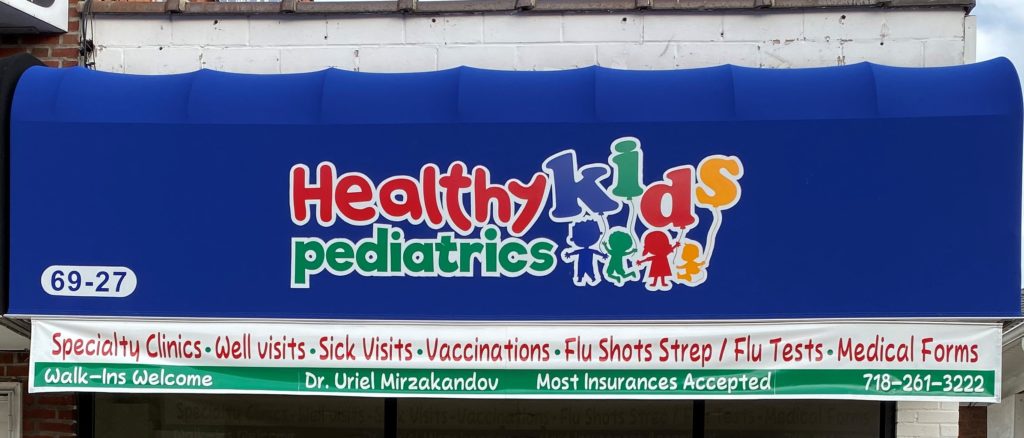A cough.
A sneeze.
A stuffy nose.
A tickle in their throat.
Most years, your child experiencing any of these minor symptoms of illness wouldn’t be a huge cause for concern. You may have chalked them up to run-of-the-mill cold or flu, leading to an earlier bedtime, extra fluids, or medication.
Now, as a result of the COVID-19 pandemic, hearing a cough in the other room may stop you in your tracks — and rightfully so. Even though nearly 80% of Americans have received at least one dose of the COVID-19 vaccine, and children ages 6 months and older are eligible for the vaccine, COVID-19 is not over.
Kids who are not fully vaccinated and boosted against the virus still run the risk of catching — and spreading — the virus. And while most people who get COVID-19 are unvaccinated, no vaccine is 100% effective. This means that even those who are fully vaccinated can still become sick with COVID-19.
As we head into flu season, the prime time of year for the common cold, and ongoing COVID-19 concerns, it can be helpful to know the difference among these illnesses with the help of information we retrieved from a local Queens Pediatrician.
Cold, Flu, And COVID-19: Similar Symptoms — With Some Important Differences
Though colds, influenza, and COVID-19 are all caused by different viruses, they all infect the respiratory tract. This is the part of the body that goes through the nose, down the mouth and throat, and into the lungs. Because of this, these illnesses share many symptoms — but there are a few key differences among them.
The common cold tends to be fairly mild. Fevers and headaches are rare, chills are uncommon, and coughing usually remains mild to moderate.
On the other hand, the flu and COVID-19 can be a little more tricky to differentiate. Both range from no symptoms at all (called being asymptomatic) to severe symptoms. However, one primary difference between the two is that COVID-19 can lead to changes in or loss of taste or smell. That means if your child suddenly complains about not being able to taste their favorite meal, this — alongside other symptoms — might be a sign of COVID-19.
The Timing Of Symptoms Matters
While the symptoms themselves may overlap a bit, the timing of those symptoms may help you determine what illness your child has. This is called the incubation period — or how long it takes symptoms to appear after exposure.
Though incubation periods can vary, they are roughly:
- 24 to 72 hours for a cold
- 1 to 4 days for influenza
- 2 to 14 days for COVID-19, with an average of 5 days
When possible, try to monitor who your child interacts with — and when. By identifying the most recent time your child may have been exposed, you may be able to use that information to help determine which illness your child is experiencing.
Contributed With Help From:
Healthy Kids Pediatrics Fresh Meadows 69-27 164th street Fresh Meadows, NY 11365 (718) 261-3222 https://www.healthykidsqueens.com/. A Queens Ledger Featured Pediatrician.



